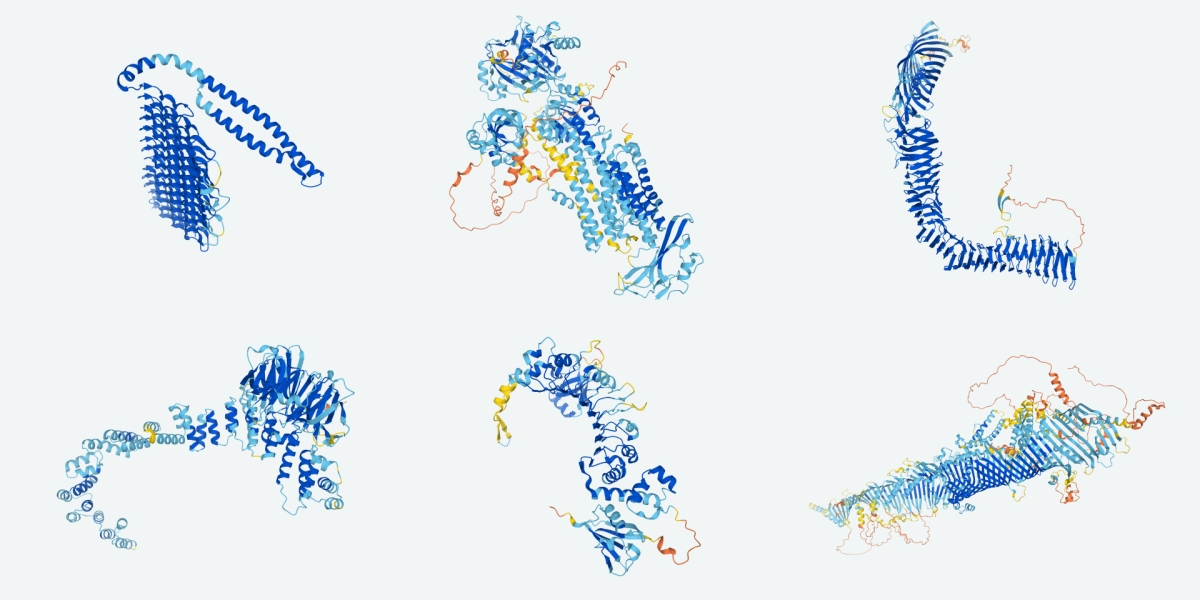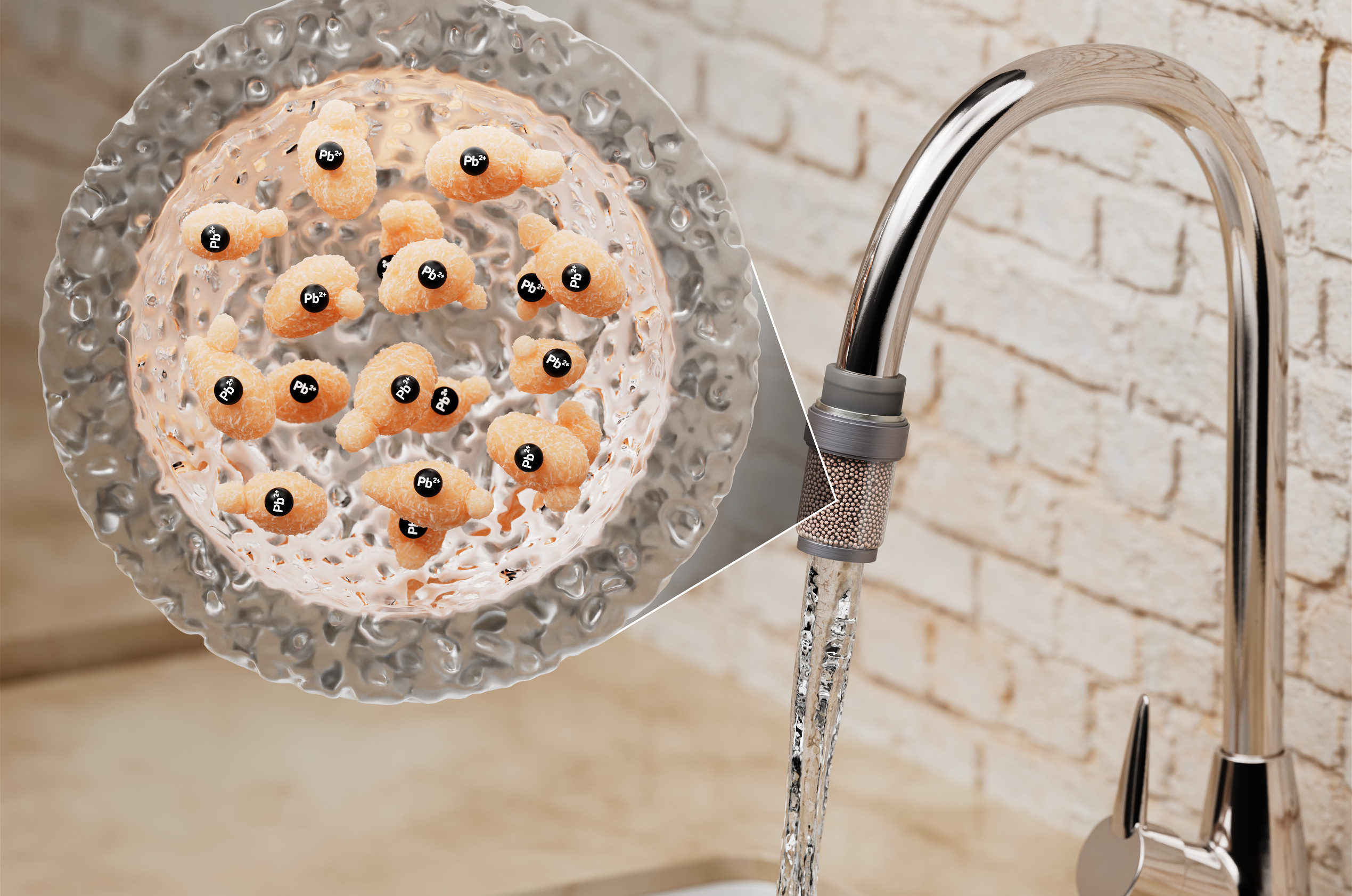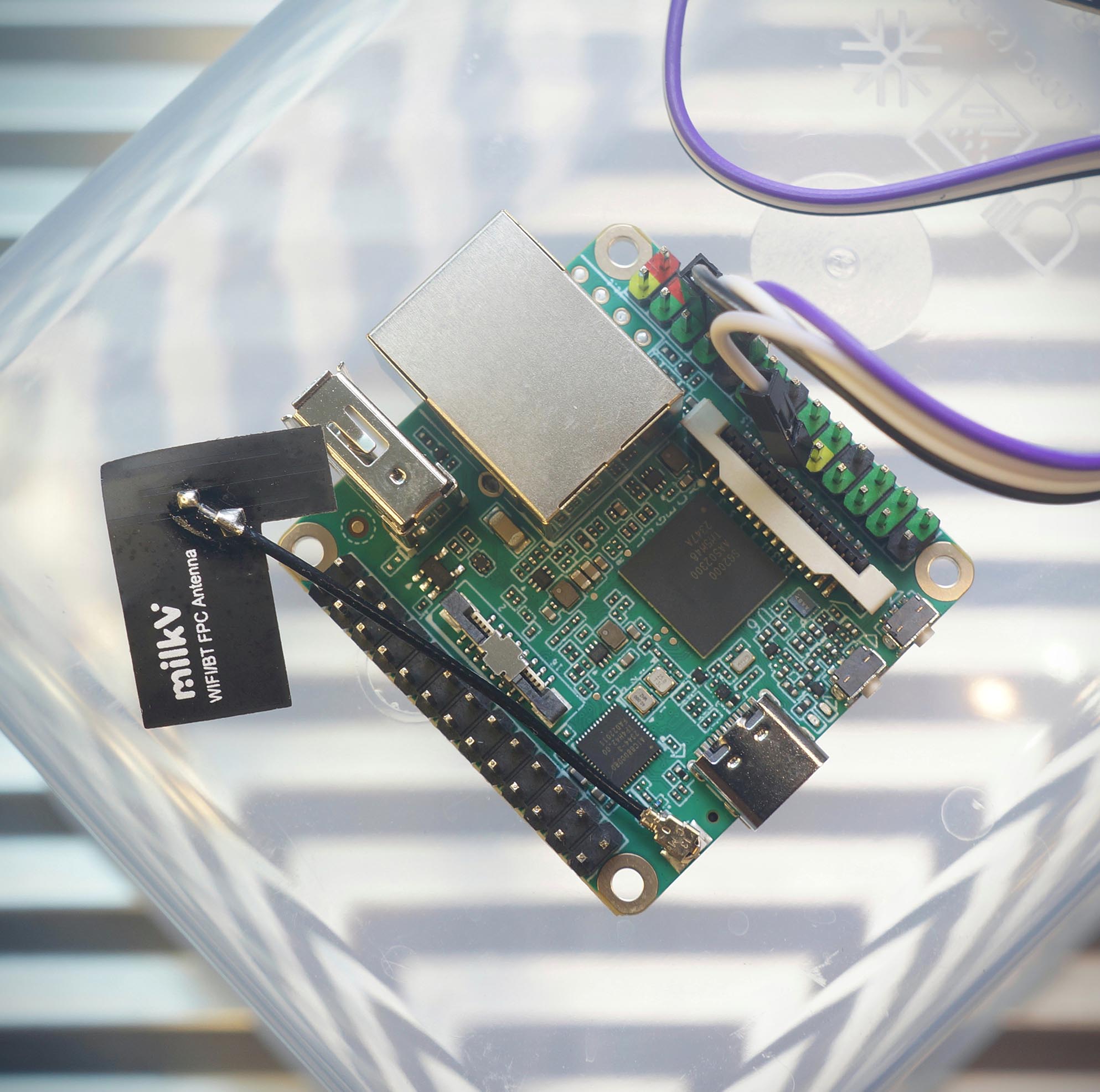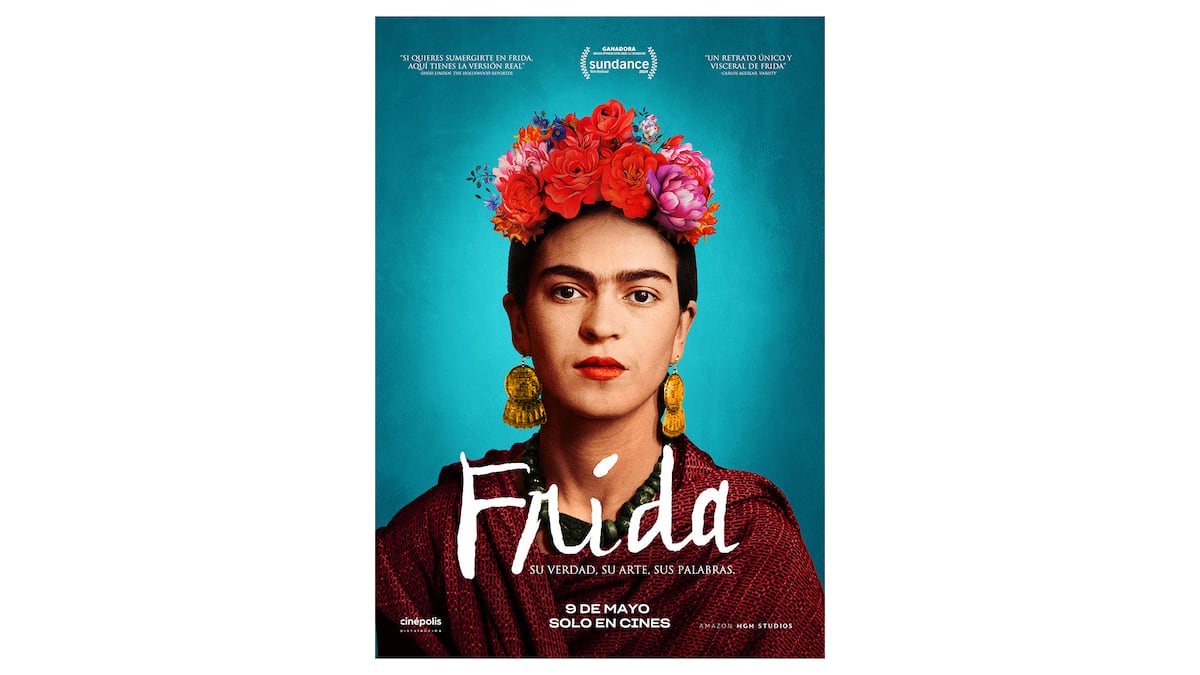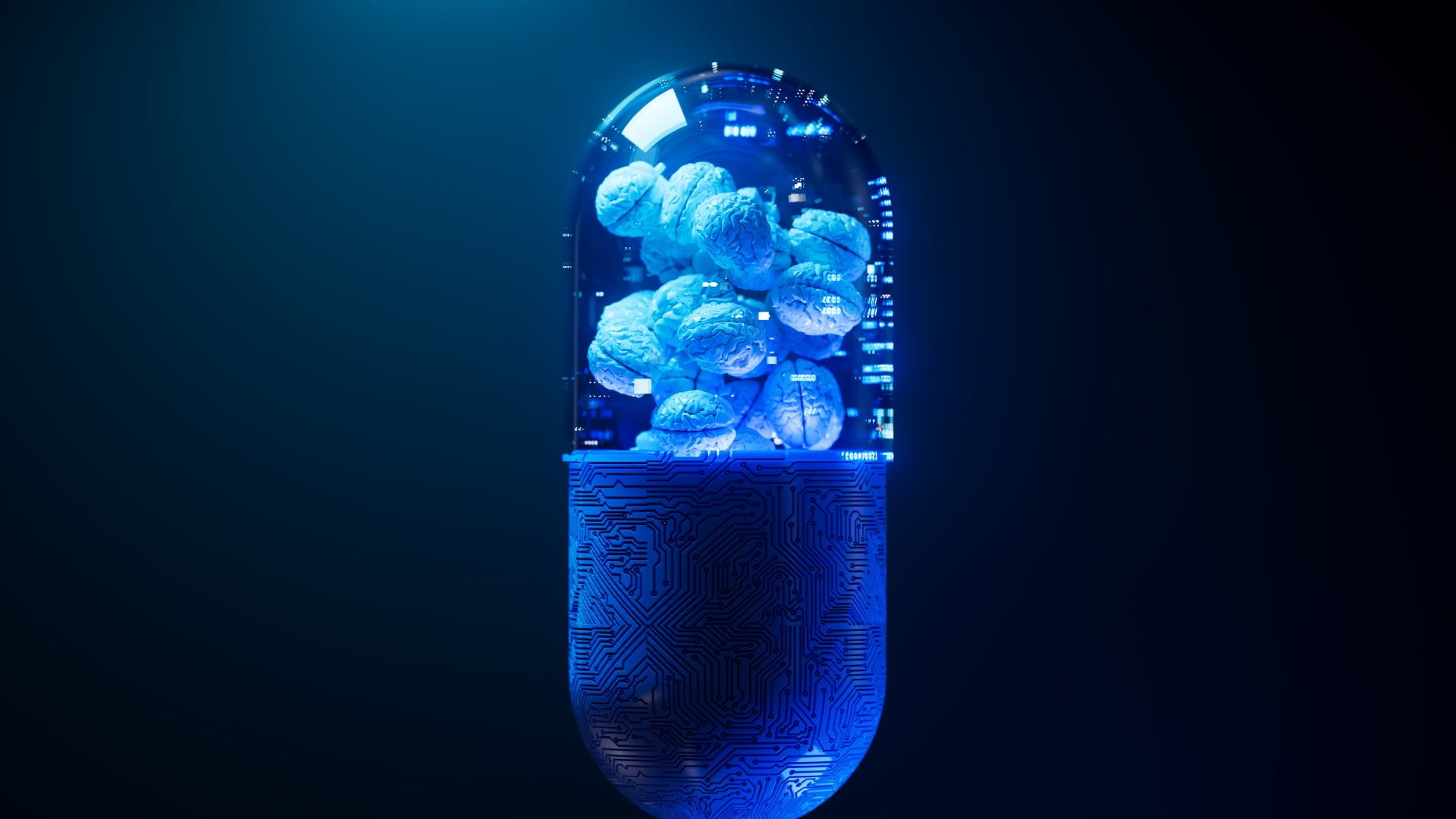
Generative AI will be designing new drugs all on its own in the near future
Eli Lilly chief information and digital officer Diogo Rau was recently involved in some experiments in the office, but not the typical drug research work that you might expect to be among the lab tinkering inside a major pharmaceutical company.
Lilly has been using generative AI to search through millions of molecules. With AI able to move at a speed of discovery which in five minutes can generate as many molecules as Lilly could synthesize in an entire year in traditional wet labs, it make sense to test the limits of artificial intelligence in medicine. But there's no way to know if the abundance of AI-generated designs will work in the real world, and that's something skeptical company executives wanted to learn more about.
The top AI-generated biological designs, molecules that Rau described as having "weird-looking structures" that could not be matched to much in the company's existing molecular database, but that looked like potentially strong drug candidates, were taken to Lilly research scientists. Executives, including Rau, expected scientists to dismiss the AI results.
The scientists were expected to point out everything wrong with the AI-generated designs, but what they offered in response was a surprise to Lilly executives: "'It's interesting; we hadn't thought about designing a molecule that way,'" Rau recalled them saying as he related the story, previously unreported, to attendees at last November's CNBC Technology Executive Council Summit.
